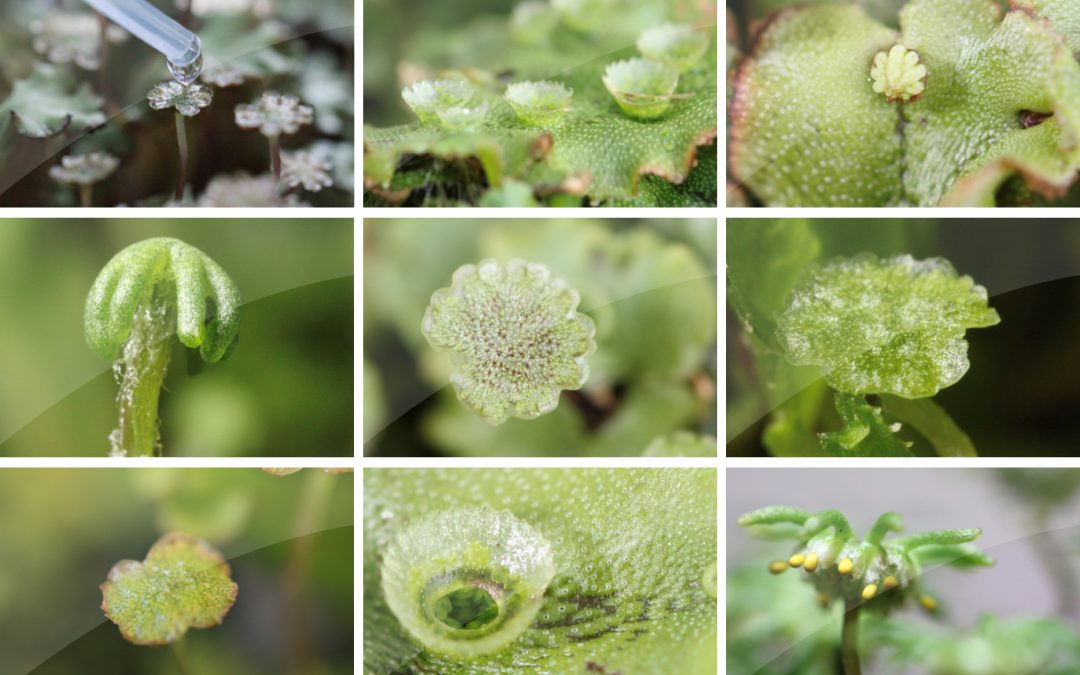
- Master seminar
- Dr. Facundo Romani (Department of Plant Sciences, University of Cambridge (UK))
- Organized by: Prof. José Manuel Pérez ()
- December 2, 2022, 11:30 a.m.
- IB Assembly Hall, Edif. Vinalopó-UMH
Conference: “Systematic analysis of the expression landscape of Marchantia transcription factors”
Next Friday, December 2, at 11:30 a.m., a research conference entitled “Systematic analysis of the expression landscape of Marchantia transcription factors” will take place in the Assembly Hall of the Bioengineering Institute, located in the Vinalopó building on the Elche campus within the seminar program of the Biotechnology and Bioengineering Master’s Degree and the Bioengineering Doctoral Program.
The conference will be given by Dr. Facundo Romani, a researcher in the Department of Plant Biology at the University of Cambridge (United Kingdom) and is organized by Professor José Manuel Pérez Pérez, Professor of Genetics in the Department of Applied Biology and Principal Investigator at the Bioengineering Institute.
Dr. Facundo Romani focuses his research in the field of Plant Development Biology, in the laboratory of the prestigious researcher Prof. Dr. Jim Haseloff, pioneer of Synthetic Plant Biology (https://haseloff.plantsci. cam.ac.uk/).
Brief description of the talk
Marchantia polymorpha is a liverwort located at the base of the evolutionary scale of terrestrial plants and in recent years has become an excellent model system for the application of gene editing and massive gene silencing techniques. The Marchantia polymorpha genome presents low levels of genetic redundancy, with many families of transcription factors represented by unique paralogs, making it an attractive system to characterize gene families that show high genetic redundancy in other plant species, such as Arabidopsis thaliana. Based on new transcriptional data recently obtained in M. polymorpha, the expression of all transcription factor genes at different stages of development will be presented in this talk. Through coexpression studies, some of the gene regulation networks related to cell differentiation and the response to hormones in this species have been defined.

